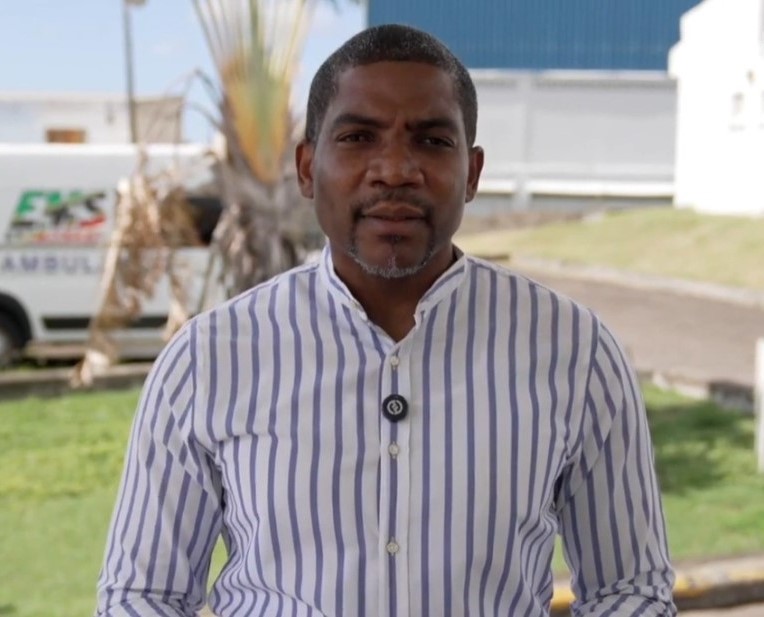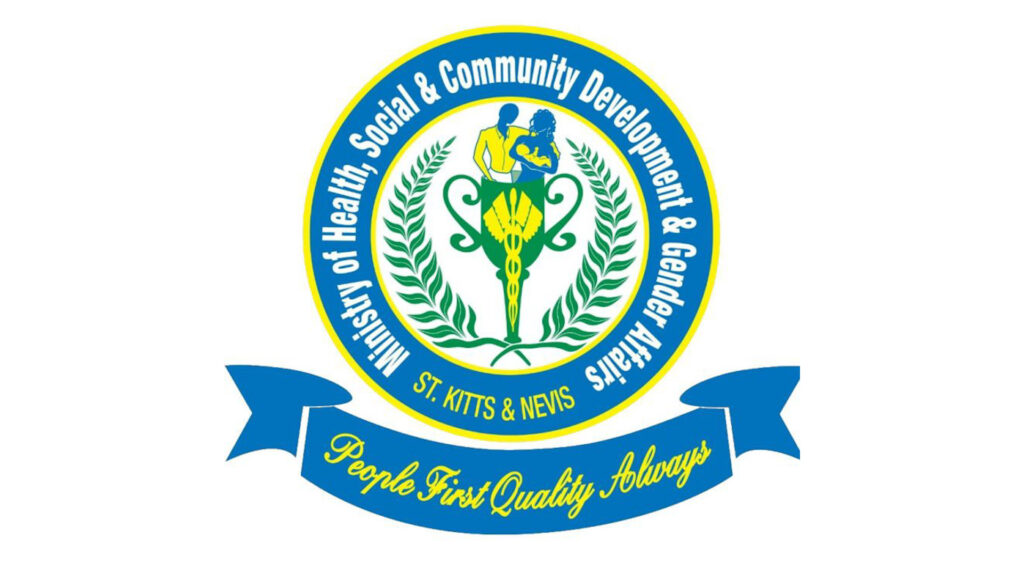Brantley Discusses Challenges of Vehicle Influx and Abandoned Cars on Nevis
 17 December 2024
17 December 2024


In a recent broadcast of ‘On the Mark’ on VON Radio, Premier Hon. Mark Brantley discussed the growing number of vehicles expected to arrive on Nevis this year. He noted that while many residents continue to purchase cars, some of these vehicles tend to break down sooner than anticipated, creating long-term challenges for the island.
Brantley explained that when individuals choose to acquire vehicles, the responsibility of disposing of them eventually shifts to the nation. He expressed concerns about the impact of the rising number of vehicles, particularly in relation to abandoned cars.
“We continue to order cars from the internet, and they arrive on Nevis and St. Kitts, but many of them don’t last two years. The individual’s decision to acquire a car becomes the nation’s responsibility to dispose of it, and that’s why we see so many abandoned cars across the island,” he said.
The premier also highlighted the broader environmental and social issues tied to this trend, pointing out that abandoned vehicles contribute to the spread of mosquitoes and rodents, while also providing cover for criminals.
“These cars are breeding mosquitoes and rodents, and they’re hiding places for criminals, guns, ammunition, and contraband,” Brantley said. “We need to have these conversations: Is this good for our country and our environment?”
As the number of vehicles continues to rise, Brantley warned that projections show at least 800 cars will be on Nevis roads this year alone. “The number of cars is growing exponentially,” he added, stressing the need for greater attention to the long-term impact of this growth.
These remarks appear to differ from a statement Brantley made in October, where he emphasized the island’s economic growth. On his Facebook page, he pointed to the increasing investment in major purchases, such as homes and cars, as a sign of rising living standards. Brantley noted that one shipment alone contained 71 vehicles at the port, awaiting delivery to their owners, framing this as an indicator of Nevis’ economic progress.
Brantley, however, clarified that his position remains unchanged, explaining that both sides of the issue are accurate. “No change in position at all,” he said. “Both statements are true. If you are earning more and can now eat much more, it’s a sign of your economic prosperity. But it’s equally true that eating much more might make you fat, which is unhealthy. Both statements are accurate.”
Related News

Government of St. Kitts and Nevis Announces Bold Measures to Combat Inflation

Prime Minister calls for caution on roads after tragic accident, offers condolences to gri...

Ministry of Health Mourns the Loss of Dr. Simoneth Williams and Urges Road Safety Amid Ris...

